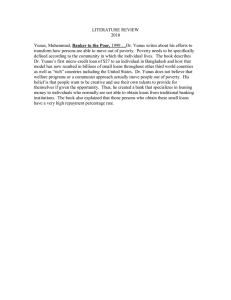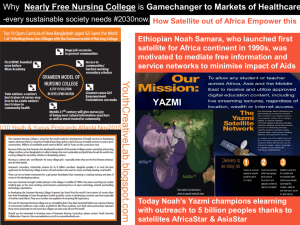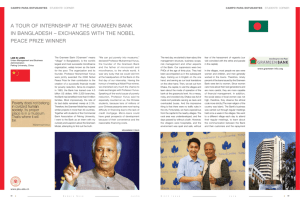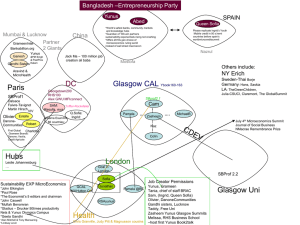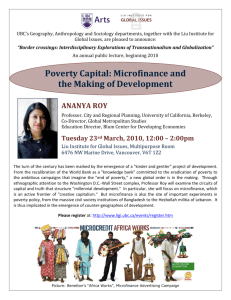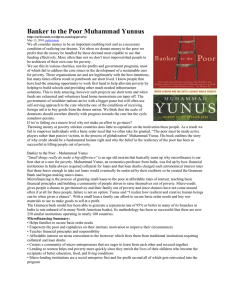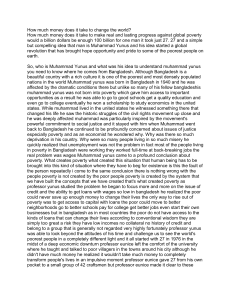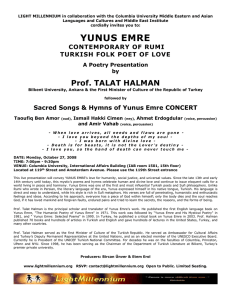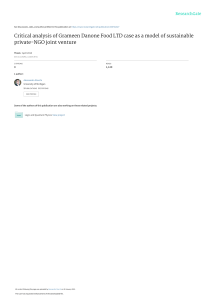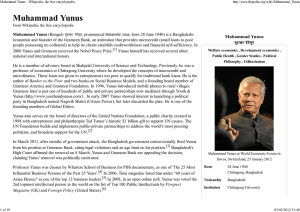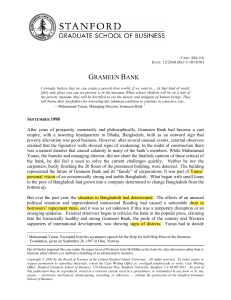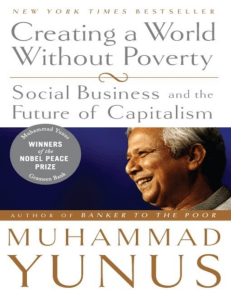Business Books: Banker to poor goes beyond microlending
advertisement
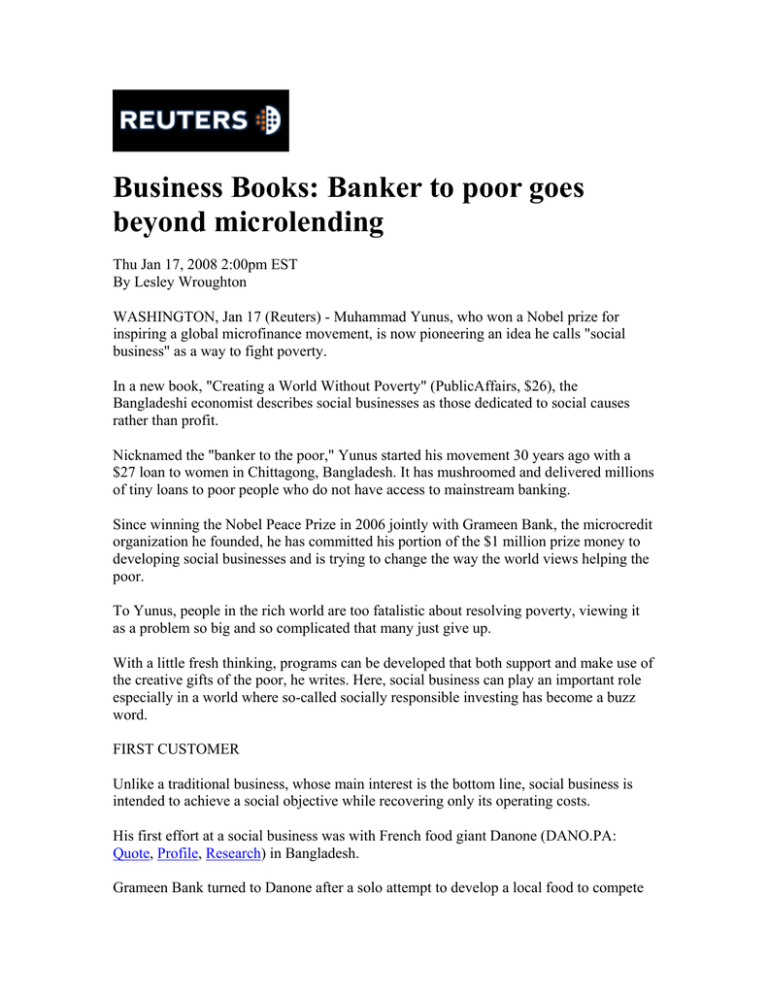
Business Books: Banker to poor goes beyond microlending Thu Jan 17, 2008 2:00pm EST By Lesley Wroughton WASHINGTON, Jan 17 (Reuters) - Muhammad Yunus, who won a Nobel prize for inspiring a global microfinance movement, is now pioneering an idea he calls "social business" as a way to fight poverty. In a new book, "Creating a World Without Poverty" (PublicAffairs, $26), the Bangladeshi economist describes social businesses as those dedicated to social causes rather than profit. Nicknamed the "banker to the poor," Yunus started his movement 30 years ago with a $27 loan to women in Chittagong, Bangladesh. It has mushroomed and delivered millions of tiny loans to poor people who do not have access to mainstream banking. Since winning the Nobel Peace Prize in 2006 jointly with Grameen Bank, the microcredit organization he founded, he has committed his portion of the $1 million prize money to developing social businesses and is trying to change the way the world views helping the poor. To Yunus, people in the rich world are too fatalistic about resolving poverty, viewing it as a problem so big and so complicated that many just give up. With a little fresh thinking, programs can be developed that both support and make use of the creative gifts of the poor, he writes. Here, social business can play an important role especially in a world where so-called socially responsible investing has become a buzz word. FIRST CUSTOMER Unlike a traditional business, whose main interest is the bottom line, social business is intended to achieve a social objective while recovering only its operating costs. His first effort at a social business was with French food giant Danone (DANO.PA: Quote, Profile, Research) in Bangladesh. Grameen Bank turned to Danone after a solo attempt to develop a local food to compete with expensive imported baby food failed. Grameen Danone now produces an affordable and nutritious yogurt for malnourished children. Not only does the milk used to make the yogurt come from local suppliers, but many of the cows that provide the milk are bought with small loans from the Grameen Bank. Yunus says the concept of social business can be applied not only in the world's poorest countries but also in the rich world, where many poor people are not considered creditworthy and therefore cannot participate fully in the economic system. "I'm convinced that most people, particularly young people, will become enormously excited about social business and its potential to transform the world," Yunus wrote. "All that is lacking is the enabling social and economic structure that will make it possible, to teach the necessary skills, and to encourage participation." David Roodman, a research fellow at the Center for Global Development, a think tank in Washington, said Yunus' genius was to do something that people thought was impossible -- providing small loans to poor people "without losing your shirt." "You can look at that as a very efficient solution to a business problem and so the question is where can you apply that kind of thinking besides providing credit?" Roodman said. But he said that while the social businesses and similar ideas would undoubtedly grow, the more powerful way to reduce poverty was through economic growth. "What is reducing poverty so dramatically in China? It's not socially motivated businesses but good old-fashioned capitalism," he said. Elizabeth Littlefield, who heads the Consultative Group to Assist the Poor (CGAP), a microfinance industry organization based at the World Bank, said that social business was a natural evolution for small businesses that had benefited from microfinance. "We're recognizing that microfinance is essentially a social business already in so far it pursues both social returns as well as financial returns, so it has two bottom lines," Littlefield said.
